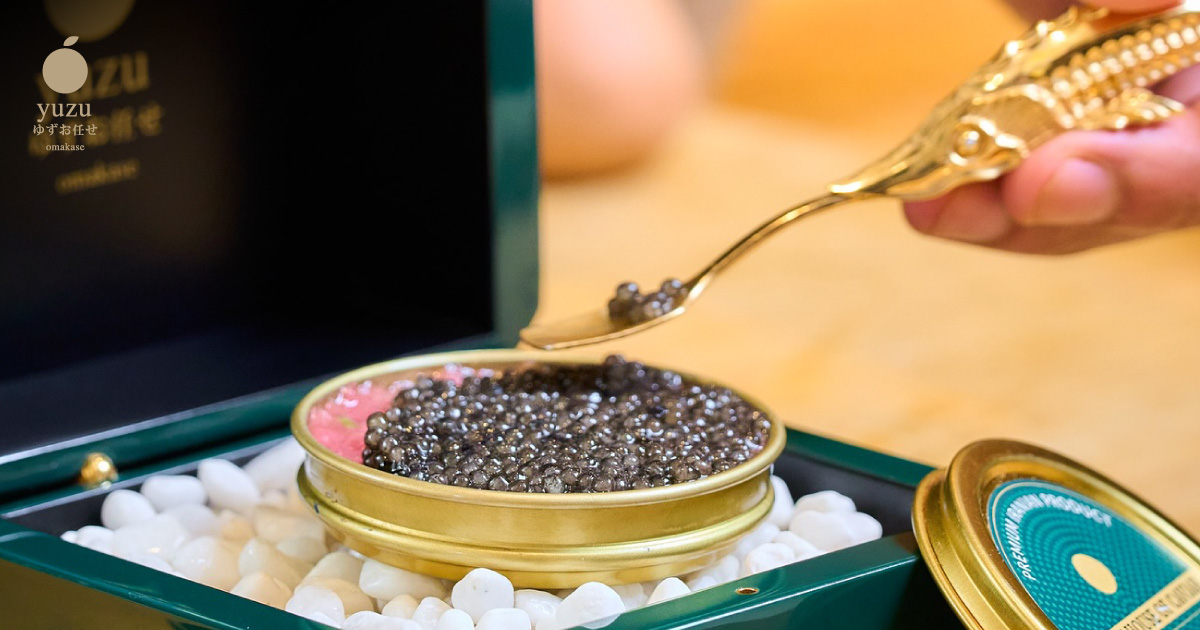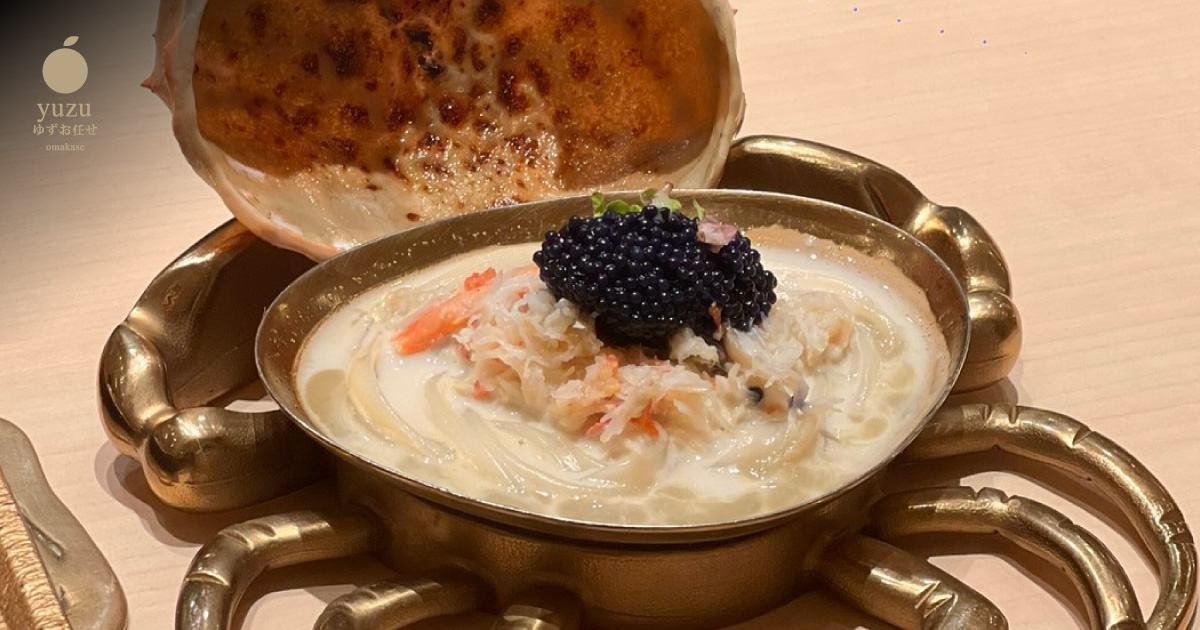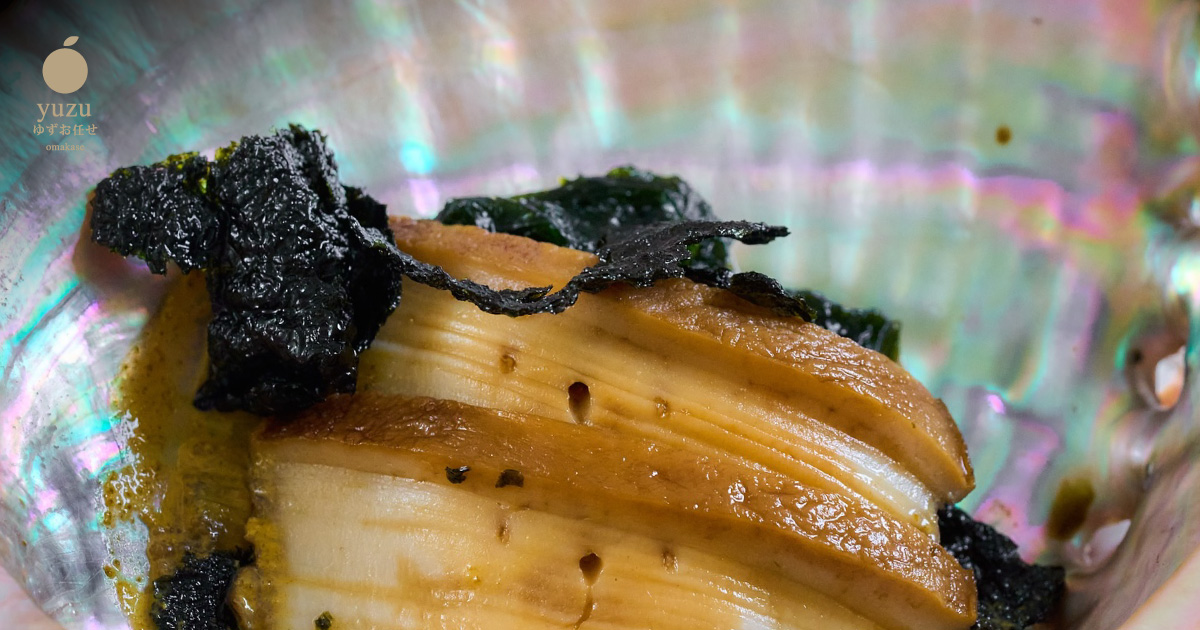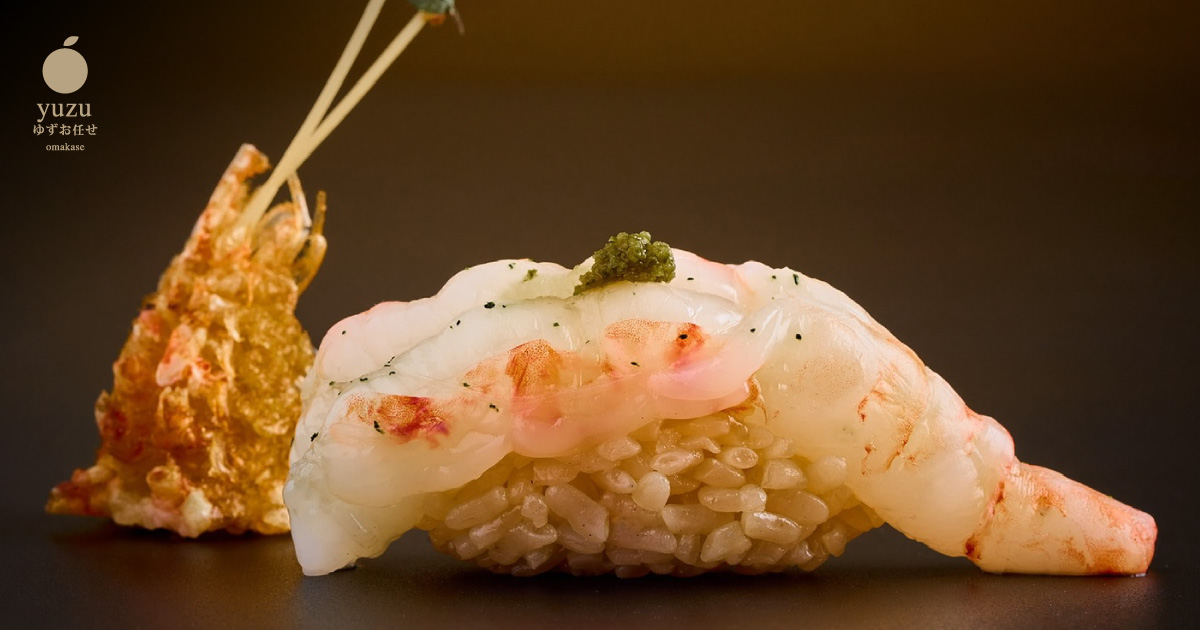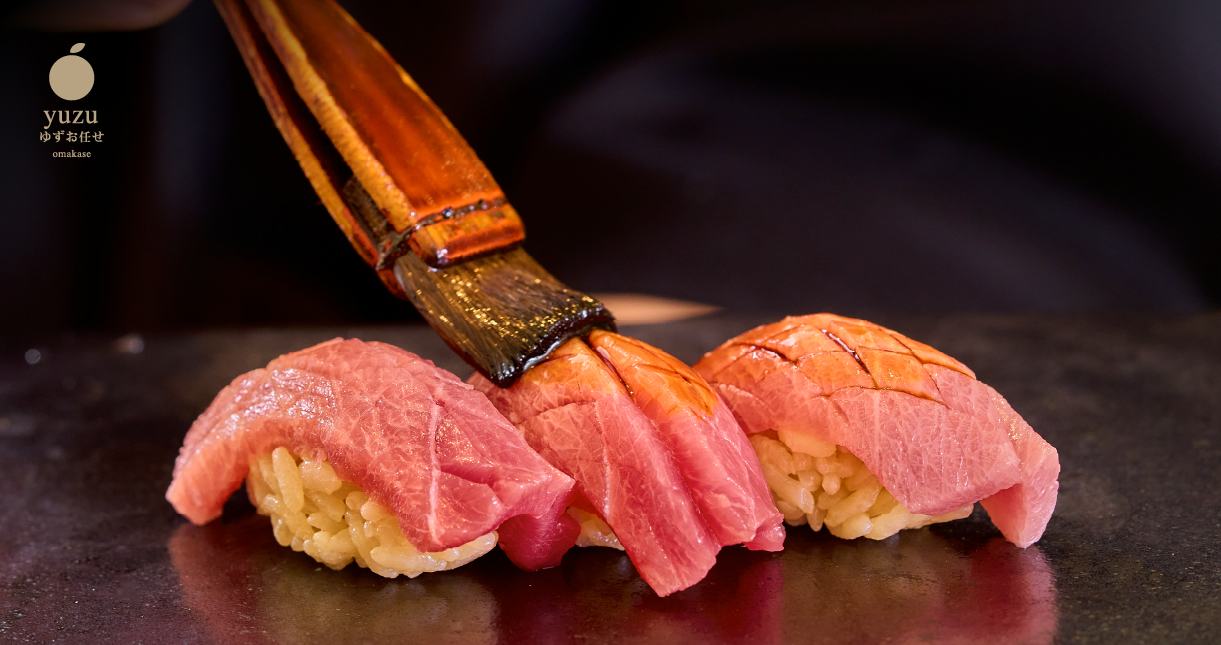
Sustainability in Sushi: How Yuzu Omakase Practices Eco-Friendly Dining
In today’s world, sustainability has become a crucial consideration for both diners and restaurateurs alike. As people become more aware of the environmental impact of their food choices, the demand for eco-friendly dining options has grown significantly. At Yuzu Omakase in Bangkok’s Siam Square, sustainability is not just a trend—it's a core principle that guides every aspect of the dining experience. From the careful sourcing of ingredients to the mindful management of resources, Yuzu Omakase is committed to practicing eco-friendly dining without compromising on quality or flavor. This article explores the sustainable practices employed by Yuzu Omakase, highlighting how these efforts contribute to a more sustainable future for sushi.
Well-Being ● 2024 Sep 5
Sustainability in Sushi: How Yuzu Omakase Practices Eco-Friendly Dining
Sustainable Sourcing: The Foundation of Eco-Friendly Sushi
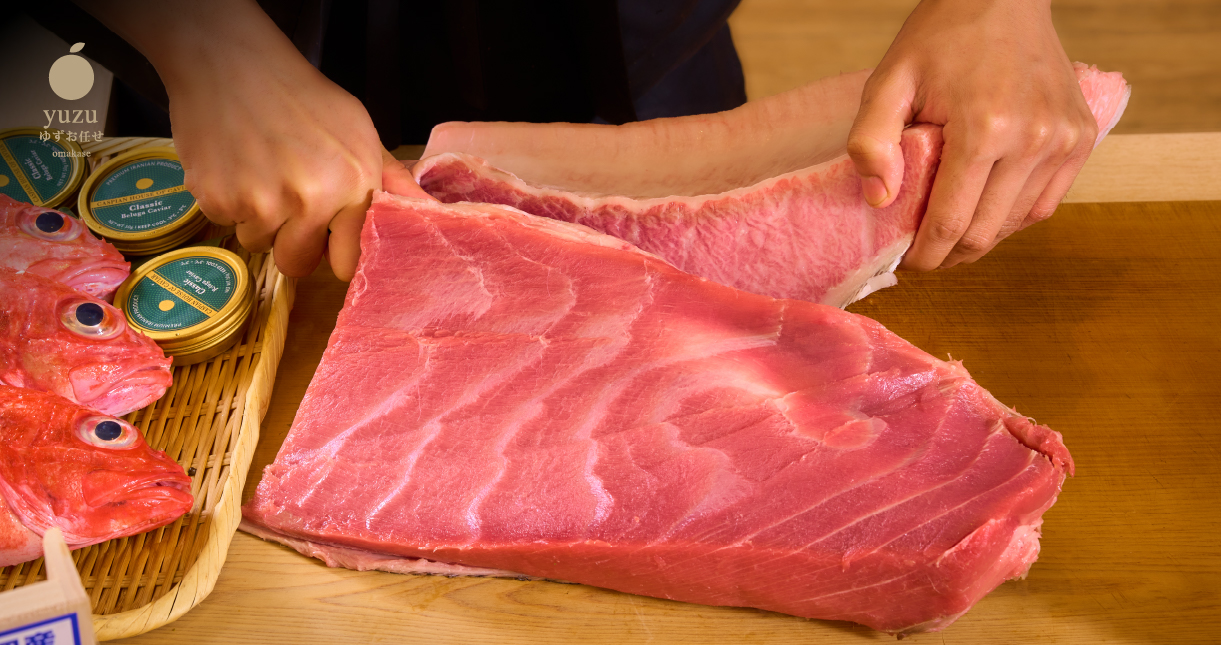
Responsibly Sourced Seafood
One of the most significant aspects of sustainability in sushi is the sourcing of seafood. Overfishing and unsustainable fishing practices have led to the depletion of many fish species, making it essential for sushi restaurants to choose their seafood suppliers carefully. At Yuzu Omakase, the commitment to sustainability begins with the selection of responsibly sourced seafood.
Sustainable Fisheries
Yuzu Omakase works closely with suppliers who adhere to sustainable fishing practices, ensuring that the fish served is not only fresh but also ethically sourced. This includes selecting species that are not overfished and supporting fisheries that use methods that minimize bycatch and environmental impact.
Traceability
The restaurant emphasizes transparency and traceability in its seafood sourcing. By knowing exactly where the fish comes from and how it was caught, Yuzu Omakase ensures that every piece of sushi served aligns with sustainable practices.
Seasonal and Local Ingredients
In addition to sustainable seafood, Yuzu Omakase places a strong emphasis on using seasonal and locally sourced ingredients. By focusing on what is in season and available locally, the restaurant reduces its carbon footprint and supports local farmers and producers.
Seasonal Menus
The menu at Yuzu Omakase changes with the seasons, reflecting the freshest ingredients available at any given time. This approach not only ensures that the food is at its peak flavor but also reduces the environmental impact associated with transporting out-of-season ingredients over long distances.
Supporting Local Farmers
By sourcing vegetables, herbs, and other ingredients from local farms, Yuzu Omakase helps to reduce food miles and supports the local economy. This commitment to local sourcing is part of the restaurant’s broader effort to operate in an environmentally responsible manner.
Reducing Waste: Mindful Resource Management
Nose-to-Tail and Fin-to-Gill Utilization
Minimizing waste is a key component of sustainable dining, and Yuzu Omakase practices this principle through nose-to-tail and fin-to-gill utilization. This approach involves using as much of the fish or animal as possible, reducing waste and maximizing the culinary potential of each ingredient.
Whole Fish Utilization
At Yuzu Omakase, the chefs are skilled in using every part of the fish, from the fillets to the bones and even the skin. For example, the bones might be used to make a rich broth, while the skin could be crisped and served as a garnish. This practice not only reduces waste but also creates unique and flavorful dishes.
Creative Use of Ingredients
The restaurant’s commitment to minimizing waste extends to all ingredients. For example, vegetable trimmings and herbs might be used to create sauces, stocks, or garnishes, ensuring that nothing goes to waste.
Waste Reduction Initiatives
Yuzu Omakase has implemented several initiatives to reduce waste throughout the restaurant. These efforts are part of a broader commitment to sustainability and include everything from reducing food waste to minimizing the use of single-use plastics.
Food Waste Management
The restaurant employs careful planning and portion control to reduce food waste. Any food that cannot be served is either composted or repurposed in a way that minimizes waste. For example, vegetable scraps might be used to create compost for local farms, contributing to a circular economy.
Eco-Friendly Packaging
Yuzu Omakase has taken steps to reduce its use of single-use plastics by adopting eco-friendly packaging for takeout orders. The restaurant uses biodegradable containers and encourages customers to bring their own reusable bags and containers when possible.
Energy Efficiency and Sustainable Operations
Energy-Efficient Kitchen Practices
Running a kitchen efficiently is another important aspect of sustainability. Yuzu Omakase has implemented several energy-efficient practices to reduce its carbon footprint, from the way food is prepared to the equipment used in the kitchen.
Energy-Efficient Equipment
The restaurant uses energy-efficient appliances and equipment to reduce energy consumption. This includes induction cooktops, energy-saving refrigeration units, and LED lighting, all of which help to lower the restaurant’s overall energy usage.
Conservation Practices
The chefs at Yuzu Omakase are trained in energy conservation practices, such as optimizing cooking times and temperatures to reduce energy waste. These small but significant changes contribute to the restaurant’s overall sustainability efforts.
Water Conservation
Water conservation is another critical component of Yuzu Omakase’s sustainable operations. The restaurant has implemented measures to reduce water usage in both the kitchen and dining areas.
Low-Flow Fixtures
The restaurant has installed low-flow faucets and dishwashers to reduce water consumption without compromising on hygiene or cleanliness.
Conscious Cleaning Practices
Staff are trained to use water efficiently during cleaning processes, ensuring that water is not wasted unnecessarily. For example, utensils and cookware are soaked before washing to minimize water usage.
Educating and Engaging the Community
Promoting Sustainable Practices
Yuzu Omakase is committed to educating its customers and the broader community about the importance of sustainability. The restaurant actively promotes eco-friendly practices and encourages customers to make sustainable choices in their own lives.
Educational Initiatives
Through its website, social media channels, and in-restaurant materials, Yuzu Omakase shares information about sustainable fishing, the benefits of seasonal eating, and tips for reducing food waste at home. By raising awareness, the restaurant hopes to inspire others to adopt more sustainable practices.
Community Engagement
Yuzu Omakase also participates in local sustainability initiatives and events, partnering with environmental organizations to support conservation efforts. This engagement helps to build a community that values and practices sustainability.
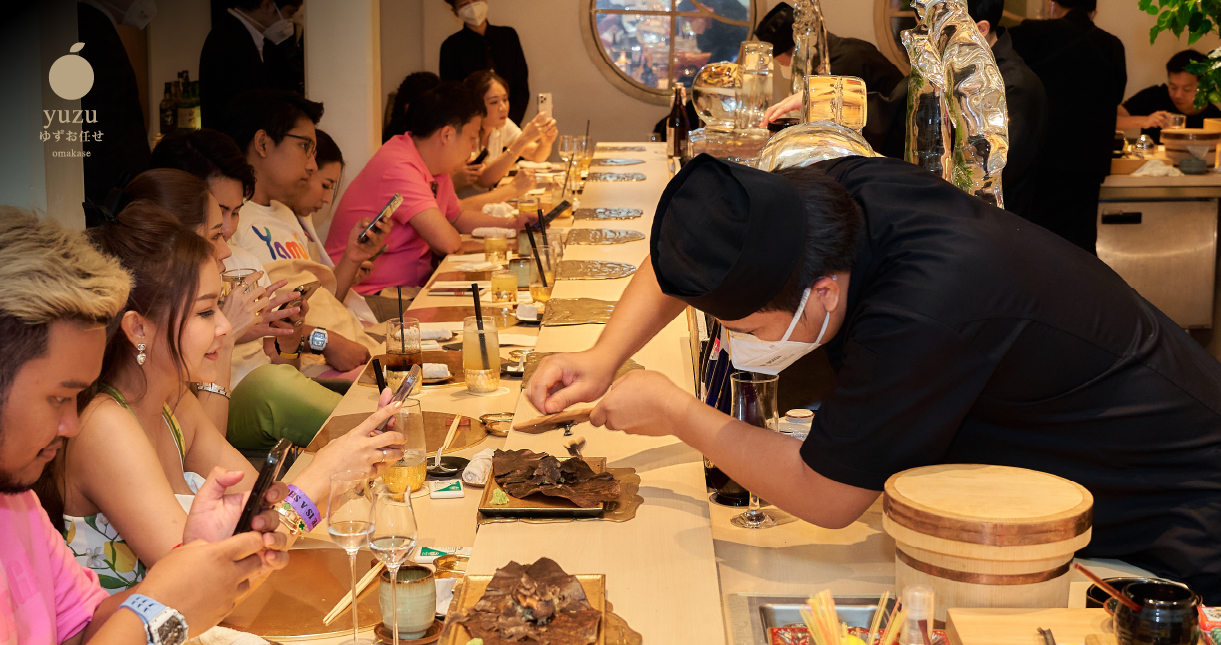
Encouraging Customer Participation
Customers play a crucial role in Yuzu Omakase’s sustainability efforts, and the restaurant encourages them to get involved in various ways.
Bring-Your-Own Program
To reduce packaging waste, Yuzu Omakase offers incentives for customers who bring their own reusable containers and bags for takeout orders. This program not only reduces waste but also promotes a culture of sustainability among diners.
Sustainable Dining Choices
The restaurant offers a range of sustainable dining options, such as plant-based dishes and sustainably sourced seafood, allowing customers to make eco-friendly choices that align with their values.
The Impact of Sustainable Sushi
A Model for Eco-Friendly Dining
Yuzu Omakase’s commitment to sustainability sets a benchmark for eco-friendly dining in the sushi industry. By prioritizing sustainable sourcing, minimizing waste, and operating efficiently, the restaurant demonstrates that it is possible to offer an exceptional dining experience while being mindful of environmental impact.
Influence on the Industry
As more diners seek out sustainable dining options, Yuzu Omakase serves as a model for other restaurants in the industry. Its practices highlight the importance of sustainability in food service and encourage others to adopt similar approaches.
Long-Term Benefits
By practicing sustainability, Yuzu Omakase not only protects the environment but also ensures the long-term viability of its ingredients. Sustainable practices help to preserve fish populations, reduce environmental impact, and support the overall health of the planet.
Enhancing the Dining Experience
Sustainability enhances the dining experience at Yuzu Omakase by adding a layer of responsibility and care to every dish. Knowing that the food is ethically sourced, thoughtfully prepared, and served with minimal waste allows customers to enjoy their meal with the confidence that they are making a positive impact on the environment.
A Conscious Choice
Dining at Yuzu Omakase is more than just enjoying delicious sushi—it’s about making a conscious choice to support sustainable practices. This connection between food and sustainability creates a more meaningful and fulfilling dining experience.
Conclusion
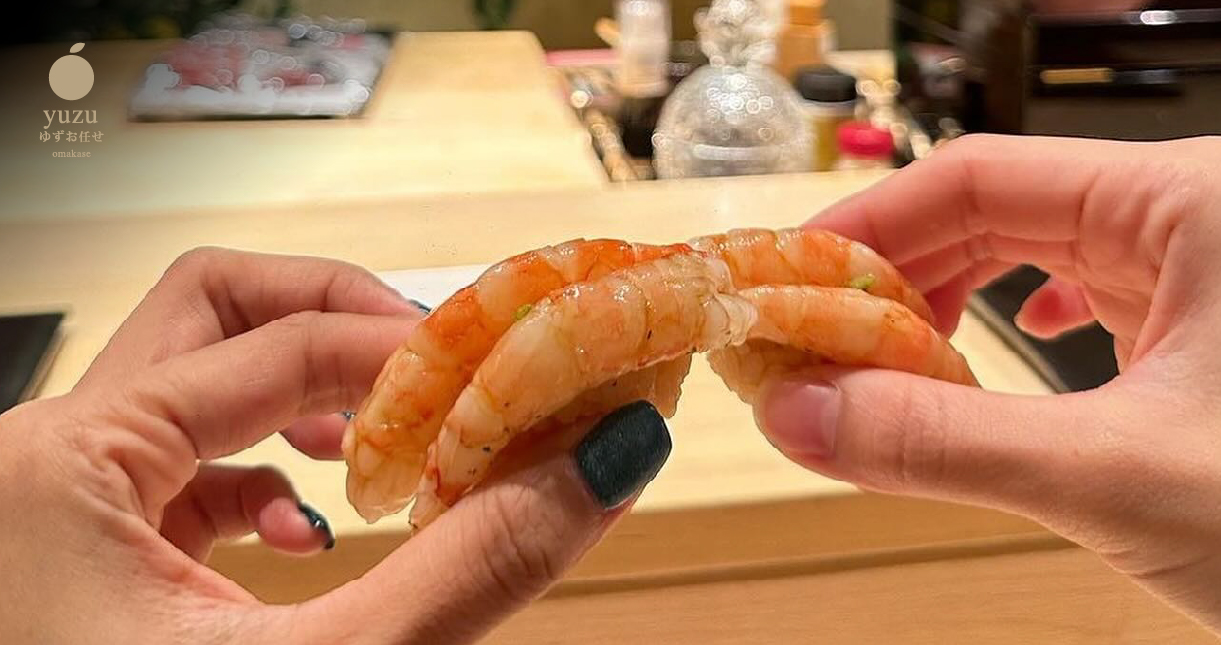
At Yuzu Omakase, sustainability is woven into the very fabric of the dining experience. From sourcing the freshest, most responsibly caught seafood to minimizing waste and conserving resources, the restaurant is dedicated to practicing eco-friendly dining at every level. These efforts not only ensure that guests enjoy the highest quality sushi but also contribute to a more sustainable future for the planet. By choosing Yuzu Omakase, diners can indulge in an exceptional omakase experience while supporting practices that prioritize the health of our environment. Plan your visit to Yuzu Omakase and discover how delicious sustainability can be.

RELATE



